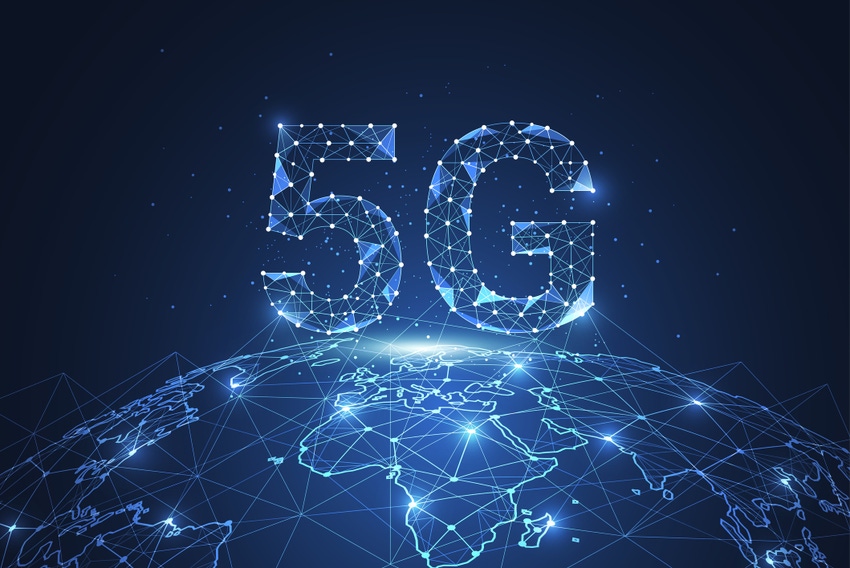Customers of the MVNO Lyca Mobile can now access 5G services as long they have a compatible Android based smartphone.
December 8, 2021

Customers of the MVNO Lyca Mobile can now access 5G services as long they have a compatible Android based smartphone.
Access to its 5G services come at no extra cost to Lyca Mobile customers, and iPhone customers will gain access to the faster network speeds next year. The service is already available in the US and will roll out to other markets over the coming year.
In September the mobile virtual network operator, which uses 02 as its network partner, announced a £250m investment to expand its services and customer base in the UK and internationally over the next three years. The warchest will fund the creation of new digital infrastructure, content partnerships with media platforms, and targeted expansion specifically in Uganda, Asia, and Latin America.
“We believe our customers should be able to take advantage of the benefits of ultra-fast next generation 5G connectivity, which is why we are excited to offer our customers using 5G enabled Android devices this service in the UK and US at no extra cost,” said Lyca Group CEO Navanit Narayan.
“The pandemic has expedited the emergence of a new set of consumer mobile behaviours and customers increasingly expect more diverse, differentiated, and value-added services – all at competitive prices. 5G will help deliver this, and we are proud to offer this service at a price point that will appeal to value-hunters, enabling a new wave of customers to experience the benefits of next-generation connectivity. We look forward to the rollout of 5G in our other markets in due course.”
Lyca operates a coverage checker for customers to check whether 5G is available in any given area.
The fact Lyca are not charging a premium for its 5G services is indicative of a wider trend. 5G is talked about in very grand terms within the wider tech sector as well as the halls of Parliament, whether around revolutionising agriculture and industry or enabling the metaverse.
However the reluctance by network operators to charge consumers more for the faster speeds than existing data plans has the potential to throw up more complications in the years ahead. Indeed a report by Ofcom earlier this year stated that consumers are paying less for their communications services now than they were five years go.
Since roll outs of 5G networks have significant costs the question of how these are recouped is being answered in sometimes surprising ways – including an effort by European operators to lobby the EU to force global tech giants to help fund network infrastructure.
Balancing the costs of doing business with tariff pricing strategies is bound to be an enduring issue for the telecoms industry as a whole as 5G becomes more widespread.
About the Author(s)
You May Also Like








.png?width=300&auto=webp&quality=80&disable=upscale)


_1.jpg?width=300&auto=webp&quality=80&disable=upscale)


.png?width=800&auto=webp&quality=80&disable=upscale)